Late Arabic Scientific Commentaries: Their Role and their Originality : Works of Shams al-Dīn al-Khafrī (1550 C.E./956 A.H.) - English version
The book at hand focuses on the importance of scientific commentaries, especially manuscripts on astronomy, authored between the thirteenth and the sixteenth century. Dr Saliba demonstrates that particular commentaries were distinguished by the introduction of new scientific thinking, and also a level of astronomical mathematical sophistication that outmatched any of the earlier works that were produced within the Islamic civilisation, and, in some instances, even surpassed the contemporary scientific works that were produced in Europe at the time. Dr Saliba attributes the lack of scholarly attention to late scientific commentaries to a number of reasons, most prominently: the difficulty in reading late commentaries, absence of explanatory illustrations, and a perpetuated misconception that following the classical or golden age of Islam, there was nothing worth studying in terms of cultural output.
 Shared Knowledge
Shared Knowledge
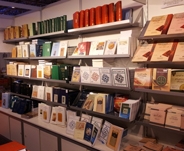
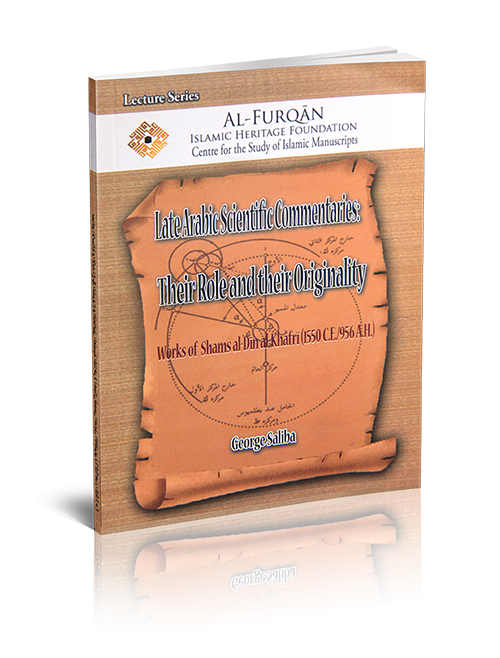
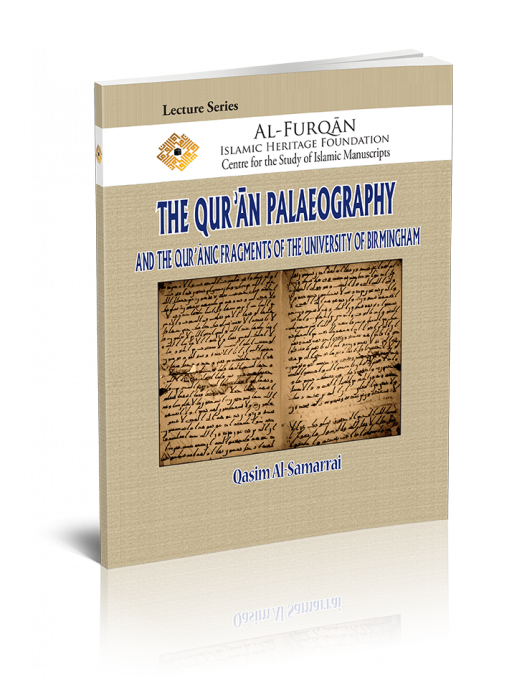 Palaeographical Aspects of Qurʾānic Manuscripts and the Qurʾānic Fragments of the University of Birmingham
Palaeographical Aspects of Qurʾānic Manuscripts and the Qurʾānic Fragments of the University of Birmingham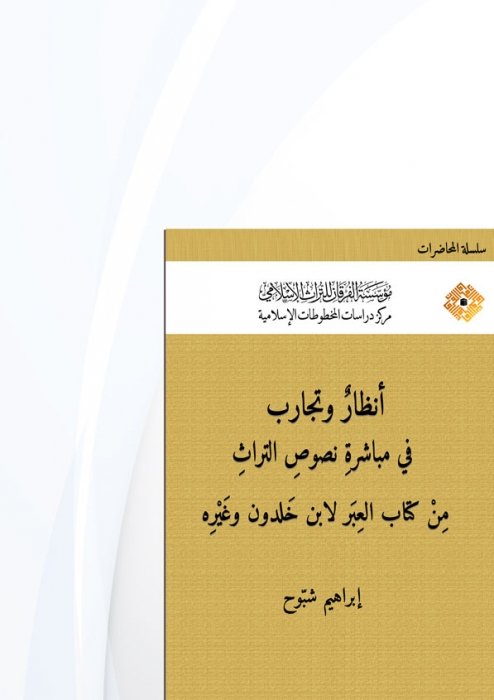 Views and Experiences in Dealing with Heritage Texts from Ibn Khaldūn’s Book al-ʿIbar and Others
Views and Experiences in Dealing with Heritage Texts from Ibn Khaldūn’s Book al-ʿIbar and Others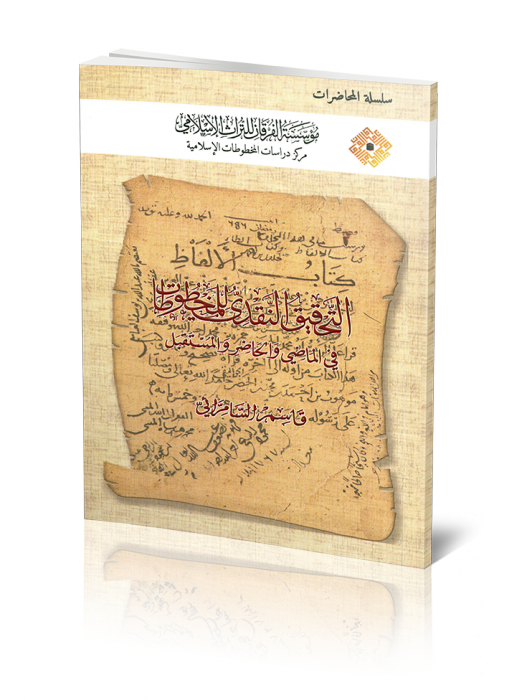 The Critical Edition of Manuscripts: Past, Present and Future
The Critical Edition of Manuscripts: Past, Present and Future